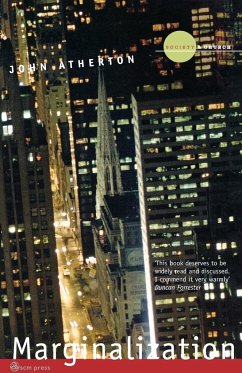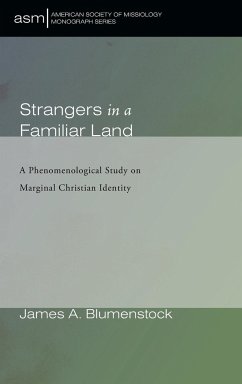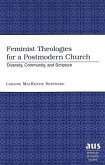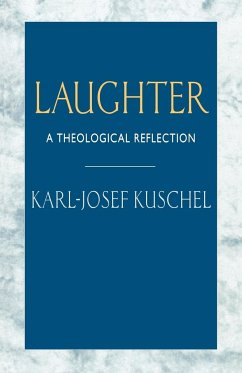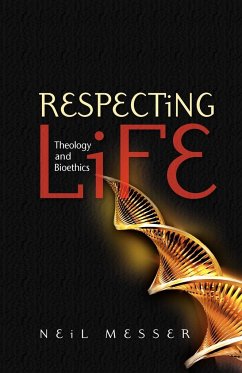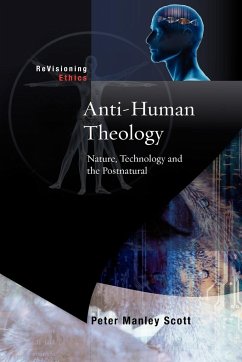Can the urban church survive? Are churches relevant to public life? These two questions drive John Atherton's thoughtful, sometimes searing and ultimately optimistic study. In secular Britain and Western Europe, churches seem increasingly marginalized from the processes of public discussion, decision-making and policy formation. That marginalization mirrors their marginalization in people's lives, which is most acute in parts of the city populated by those excluded from the main streams of a society's common or public life. It is John Atherton's genius to bring these two issues together: the marginalization of churches and of particular groups in society. Hence, the future of church and its relevance to public life is to be worked out through active concern and commitment in places where other people and groups are marginalized. John Atherton uses a wide range of disciplines to establish this vision, including political philosophy, economics, feminist ethics and theology. His aim is to reconnect Christianity to people and public life by reformulating theology and church (as examples to other disciplines and institutions facing change). This is a perceptive study of how the urban church could disappear in a few decades, and what the options for change are if it embraces a new strategy. This study draws on John Atherton's forty years of ministry in urban areas and teaching political philosophy in universities, and has an unparalleled overview of urban ministry. 'John Atherton brings together his long experience of ministry in Manchester and his wide reading. He connects the local and the global, the theological and the political, examining with passion the "double whammy" of marginalized churches in marginalized communities. Those engaged in campaigning for the poor, in responding to globalization in its many forms, and in seeking the revitalising of the urban church will all find John Atherton challenging many assumptions and giving them an even stronger and broader set of convictions to lend power to their efforts: Peter Selby, Bishop of Worcester 'John Atherton's new book arises out of disciplined reflection on his own deep grappling with economic and social issues and the role of the churches over several decades. This is a rich, honest and realistic book which examines bravely the challenges of the marginalization of millions in our global village, of the poor and minority groups in affluent societies, and of the church and Christian faith in the West. And Atherton has the courage, in dialogue with the best contemporary social theory, to point a way forward. This book deserves to be widely read and discussed. I commend it very warmly: Duncan B. Forrester, Emeritus Professor of Christian Ethics and Practical Theology, New College, The University of Edinburgh.
Hinweis: Dieser Artikel kann nur an eine deutsche Lieferadresse ausgeliefert werden.
Hinweis: Dieser Artikel kann nur an eine deutsche Lieferadresse ausgeliefert werden.

